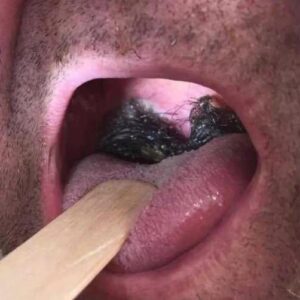Managing a bed bug infestation can be overwhelming, but natural remedies can help minimize their presence.
While diatomaceous earth (DE) is a well-known, chemical-free solution for pest control, the effectiveness of cloves as a bed bug repellent lacks strong scientific support. This guide outlines how to use DE properly and explores natural methods for general pest management.
How to Apply Diatomaceous Earth
Step 1: Clean and Prepare the Area
Thoroughly vacuum mattresses, bed frames, carpets, and furniture to remove visible bed bugs and eggs.
Immediately dispose of the vacuum bag or clean the canister to prevent re-infestation.
Step 2: Apply Food-Grade DE
Lightly sprinkle DE around bed frames, under furniture, and in cracks where bed bugs hide.
Pay close attention to baseboards, electrical outlets, and carpet edges for thorough coverage.
Step 3: Let It Sit
Leave DE undisturbed for 5–7 days to allow it to work effectively.
Avoid cleaning or disrupting treated areas during this period.
Step 4: Clean and Reapply if Needed
Vacuum the DE along with any dead insects.
Reapply every 7–10 days until all signs of bed bugs are gone.
Do Cloves Work Against Bed Bugs?
Cloves contain eugenol, a strong aromatic compound believed to have insect-repelling properties. While some people use clove sachets or clove oil as a deterrent, there is little scientific evidence supporting their effectiveness against bed bugs. Cloves should not be considered a primary solution for infestations.
Clove Oil Spray
Mix 10–15 drops of clove essential oil with one cup of water in a spray bottle.





